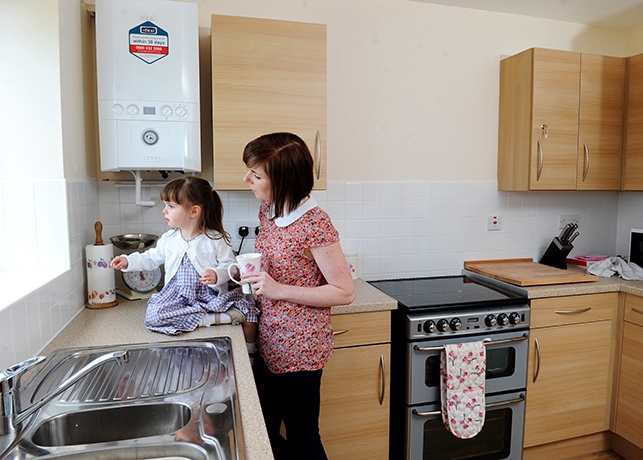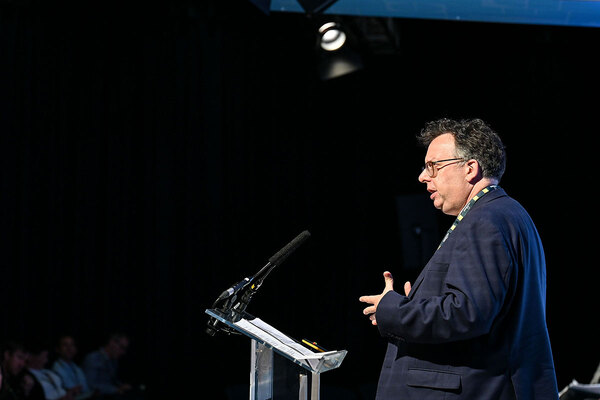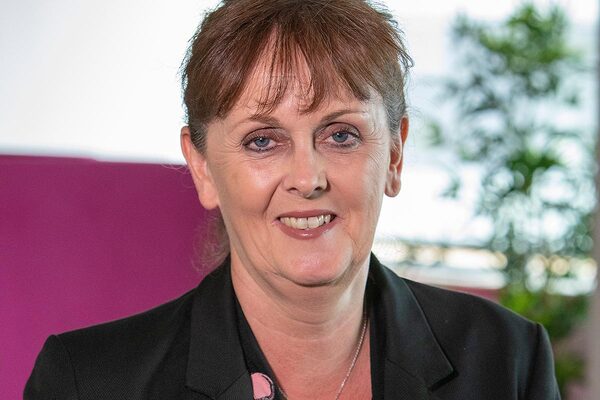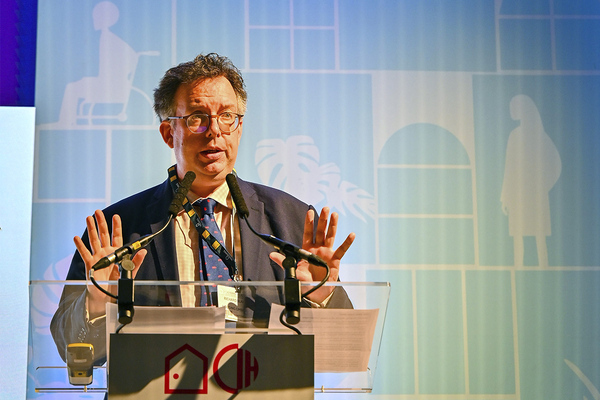You are viewing 1 of your 1 free articles
Enabling partnerships
Three distinct scenarios showcase how flexible procurement methods can deliver positive results
Article written in association with:
Vertas
Flexible arrangement
Contract type: Gas
Aim: To comply with OJEU regulations
Procurement method: Energy dynamic purchasing system
When the time came to procure a new gas contract for her portfolio of customers, Lisa Galbraith, head of energy at Vertas, turned to the first port of call for most public sector procurement professionals - the Official Journal of the European Union (OJEU).
She required a compliant framework that could help her public sector customers secure the right supplier, in a timely manner. Through an extensive search, Ms Galbraith identified that an energy dynamic purchasing system (DPS) from Procurement Hub could offer a potential solution.
“What drew me to the Procurement Hub solution was that it is a DPS,” says Ms Galbraith. “Although it is already tendered, suppliers can join at any time and don’t have to be on it from the start.”
This distinction allowed Vertas’ head of energy the flexibility and control to invite other suppliers onto the procurement platform. This offered a major benefit over alternative measures, she says.
“With a DPS you are able to get all the suppliers onto it that you feel could best help you,” she adds. “You don’t have to go searching through lots of other rigid frameworks. You just go to the DPS and run your mini-competition inside that.”
Once the provisional discussions were completed, Ms Galbraith opted to conduct the whole tender process herself, which allowed her to “see the process through from one end to the other”.
This approach to the procurement process was appreciated, she explains. It gave her both the control she required, and the benefits of a straightforward and compliant process.
“[Procurement Hub] weren’t controlling. They let me do what I needed to.”
After a successful tender application, the gas contract was awarded to Gazprom for a 1 October 2016 start date. So far the relationship has proved fruitful for Vertas, Ms Galbraith says.
There have been a few “teething problems” due to the size of the portfolio, but she says Gazprom has been “really good” at addressing those issues and “going above and beyond to rectify them with the least disruption to customers”.
Progress Housing Group
Delivering for residents
Contract type: White goods and domestic appliances
Aim: To consolidate suppliers
Procurement method: Domestic appliances framework
Ensuring that its supported living tenants have access to all the essentials in their home is a clear priority for Progress Housing Group.
The 11,000-home landlord is responsible for furnishing more than 3,000 supported living properties nationwide with white goods and domestic appliances.
“It’s absolutely key that goods get delivered quickly to the right place, that there is an installation service, that things are unpacked and that old appliances are removed from the site,” says Lindsey Barrow, head of procurement and purchase to pay at Progress Housing Group.
After experiencing issues in the past, Progress sought to enlist a delivery partner that could help ensure it met its obligations to its residents.
“We were having to address [procurement] more on an ad-hoc basis and obviously we wanted to consolidate, have one process and deal with one supplier only,” says Ms Barrow.
“[We wanted to] move it to that next stage where we could focus it more on what we were buying, the service levels and the price we were paying rather than just saying ‘we have a requirement here, let’s address it’.”
Having reviewed its options, Progress decided to use a newly launched framework for domestic appliances from the Procurement Hub to find an appropriate supplier. Although the landlord had previously signed up to the hub, this was the first time it had used any of its frameworks.
Once the right supplier had been identified through the framework, Ms Barrow was impressed at how fast the process was completed.
She says: “It was literally within a couple of weeks of the initial conversation that the account was set up and we started trading - it was that fast.”
Ms Barrow happily reports that the partnership has been proceeding smoothly since the contract was awarded to EMS in September 2016.
“We’ve had a couple of really good meetings with the supplier to go through exactly what we’re looking for and how we’re going to work together to take it forward to that next level,” she concludes.
Havering Council
Non-traditional approach
Contract type: Energy efficiency
Aim: To consolidate suppliers
Procurement method: Green services framework
Non-traditional properties are some of the least energy efficient homes in the UK, chiefly because they can’t be as easily improved through conventional methods. In order to ensure that all its homes were performing as well as they could be, Havering Council embarked on a significant installation programme of energy efficiency measures.
The works were let out on a contract-by-contract basis, however the council soon began to encounter issues working with several different delivery partners, says Mark Howard, capital projects manager at Havering Council.
“We’d had a number of packages but we were getting uncertainty with regards to cost and variability in the service provided by contractors,” he says.
However, they were impressed by the offering from one contractor in particular: Willmott Dixon.
Mr Howard says the council held discussions about how they could best incorporate their knowledge and expertise into future programmes. It soon came to light that Willmott Dixon was part of a green services framework offered by the Procurement Hub.
The framework has since helped establish a strong relationship between Havering Council and Willmott Dixon in this area of energy efficiency work.
In 2014, a £5m contract was awarded to Willmott Dixon to deliver a whole house approach to energy efficiency for 320 non-traditional properties.
The results were good, so Havering discussed the possibility of further works programmes with Willmott Dixon. Mr Howard says the longer-term relationship developed through the Procurement Hub framework offered advantages that wouldn’t have been possible otherwise.
The strong connection between both organisations led to the contractor undertaking surveys and helping to identify properties that were going to go into this latest programme before the contract was even formalised.
The second contract through the framework was awarded in December 2016 - £2.5m of work for a further 150 non-traditional properties. Work has started on site, and is due for completion in May/June.
Mr Howard says: “They hit the ground running as soon as we entered into the contract as they already had the details of the properties and surveys. That’s one reason why they’ve moved so fast.”












